The political landscape of Malawi has been shaped by a myriad of events, personalities, and ideologies, with the Democratic Progressive Party (DPP) at the center of many of these narratives. Among the key figures in this political saga is Allan Ntata, a former legal advisor to the late President Bingu wa Mutharika and a prominent member of the Seventh-Day Adventist Church. His relationship with the DPP, particularly with Peter Mutharika, Bingu’s brother and successor, has been fraught with tension and animosity. This analysis seeks to explore the roots of Allan Ntata’s disdain for Peter Mutharika, tracing the evolution of their relationship from camaraderie to conflict, and examining the broader implications for Malawian politics.
Allan Ntata’s political journey began in the shadow of Bingu wa Mutharika, whose presidency from 2004 until his untimely death in 2012 marked a significant period in Malawi’s history. As a legal advisor, Ntata was closely associated with Bingu’s administration, contributing to the party’s legal framework and policy direction. His role in the DPP during this time was pivotal, as he was part of the inner circle that shaped the party’s strategies and responses to various political challenges. However, the political landscape shifted dramatically following Bingu’s death. Joyce Banda, then the Vice President, ascended to the presidency in accordance with the constitutional provisions, leading to the DPP’s transition into an opposition party.
The aftermath of Bingu’s demise was a tumultuous period for the DPP, characterized by internal strife and a struggle to redefine its identity in the opposition. For Ntata, this was a critical juncture. His decision to abandon the DPP during Joyce Banda’s presidency can be interpreted as a pragmatic response to the changing political dynamics. The DPP was no longer the ruling party, and its future seemed uncertain. Ntata’s departure from the party may have been motivated by a desire to align himself with a more promising political future, one that he believed could be found outside the DPP’s confines.
When Peter Mutharika assumed the presidency in 2014 after winning the elections, the expectation was that he would unify the party and restore its former glory. However, for Allan Ntata, the new administration represented a continuation of the discontent that had begun during Joyce Banda’s presidency. His attempts to seek an audience with Peter Mutharika were met with rejection, a pivotal moment that marked the genesis of his animosity towards the president. This refusal to engage with Ntata can be seen as a significant misstep on Peter’s part, as it alienated a key figure who had once been a loyal supporter of the DPP and its founding principles.
The rejection of Ntata’s overtures can be interpreted through various lenses. Firstly, it reflects the internal dynamics of the DPP, where loyalty and allegiance were often tested in the wake of Bingu’s death. Peter Mutharika’s leadership style, which some critics describe as autocratic, may have contributed to a culture of exclusion within the party. By sidelining Ntata, Peter not only lost a valuable ally but also sent a message to other party members about the consequences of dissent or perceived disloyalty. This created an environment where individuals like Ntata felt marginalized, leading to a growing sense of resentment.
Moreover, Ntata’s legal background and his role as a constitutional advisor positioned him as a critical voice in the political discourse of Malawi. His expertise in legal matters gave him a platform to critique the DPP’s policies and decisions, particularly under Peter’s leadership. As a member of the Seventh-Day Adventist Church, Ntata’s values and beliefs may have further influenced his perspective on governance and accountability. The clash between his ideals and the DPP’s direction under Peter Mutharika likely fueled his animosity, as he perceived a betrayal of the principles that had initially drawn him to the party.
The fallout between Ntata and Peter Mutharika is emblematic of a broader trend in Malawian politics, where personal relationships often intertwine with political allegiances. The DPP, like many political parties, is not immune to factionalism and power struggles. Ntata’s departure from the party and subsequent criticism of Peter can be seen as a reflection of the disillusionment that many former party loyalists experienced during this period. The inability of the DPP to maintain cohesion and address internal grievances ultimately weakened its position in the political arena.
Furthermore, Ntata’s public criticisms of Peter Mutharika have resonated with a segment of the Malawian populace that has grown disenchanted with the DPP’s governance. His articulate critiques and legal insights have positioned him as a credible voice of dissent, one that challenges the status quo and calls for accountability. This has not only amplified his personal grievances but has also contributed to a broader discourse on governance, transparency, and the rule of law in Malawi. In a political environment where dissent is often stifled, Ntata’s willingness to speak out has garnered him both supporters and detractors.
The implications of this rift extend beyond the personal animosity between Ntata and Peter Mutharika. It highlights the fragility of political alliances and the challenges that parties face in maintaining unity amidst changing circumstances. The DPP’s struggles to reconcile its past with its present have left it vulnerable to internal divisions and external criticisms. As Ntata continues to voice his discontent, the DPP must grapple with the consequences of alienating key figures who once played instrumental roles in its rise to power.
In conclusion, the animosity between Allan Ntata and Peter Mutharika is a complex interplay of personal grievances, political dynamics, and ideological differences. Ntata’s journey from a loyal advisor to a vocal critic of the DPP underscores the challenges that political parties face in navigating internal conflicts and maintaining cohesion. As Malawi continues to evolve politically, the lessons from this rift serve as a reminder of the importance of inclusivity, dialogue, and accountability in fostering a healthy democratic environment. The future of the DPP, and indeed Malawian politics as a whole, may depend on its ability to learn from these experiences and address the underlying issues that have led to such divisions.

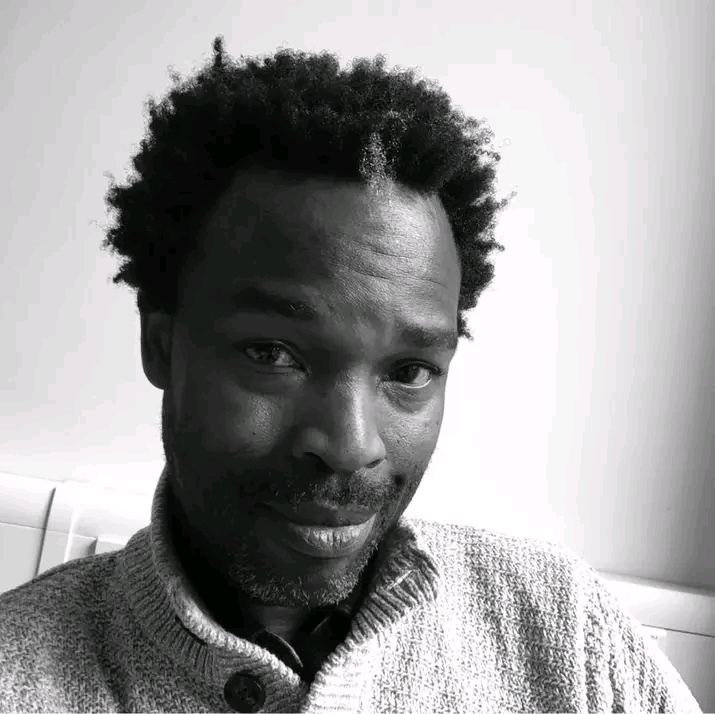
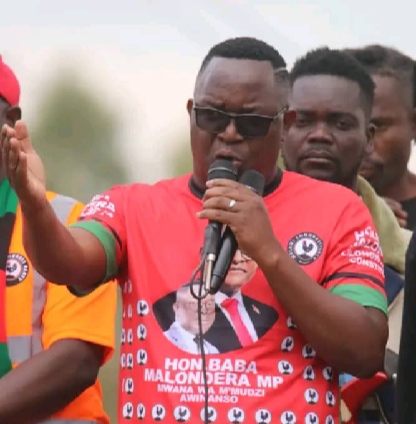
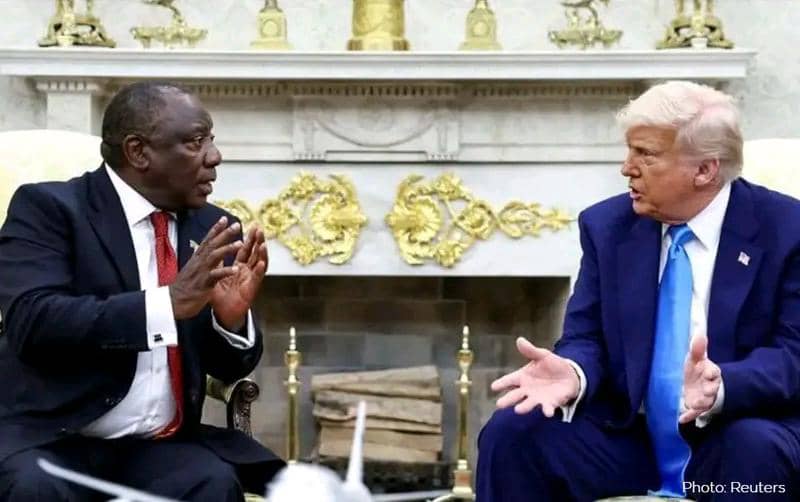
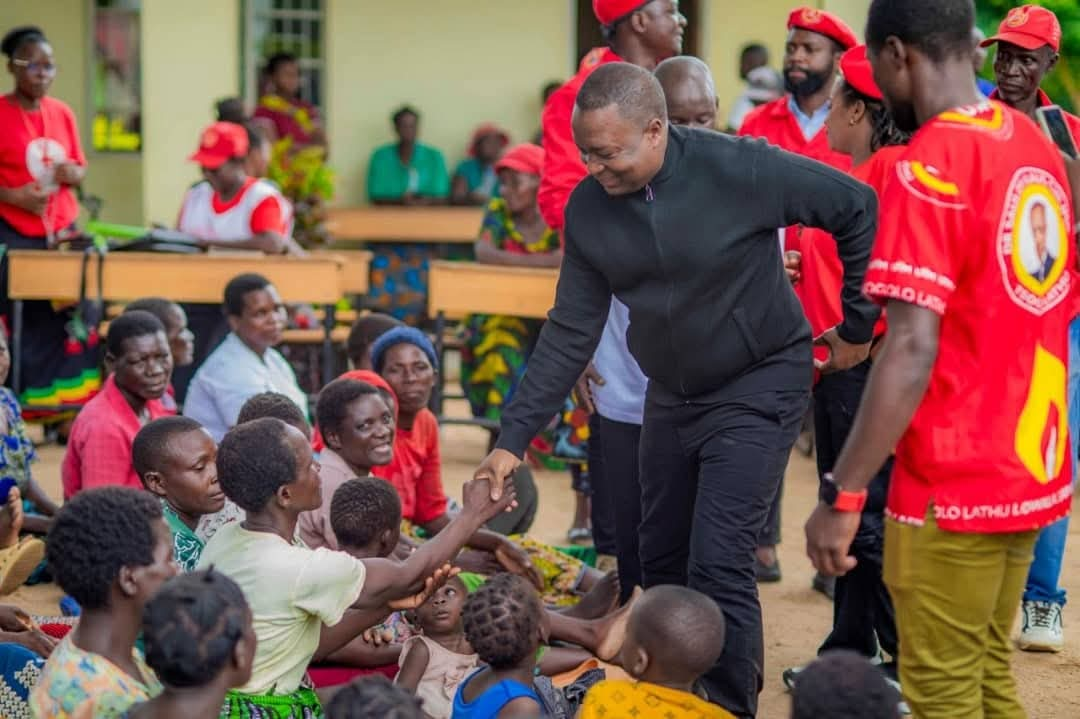



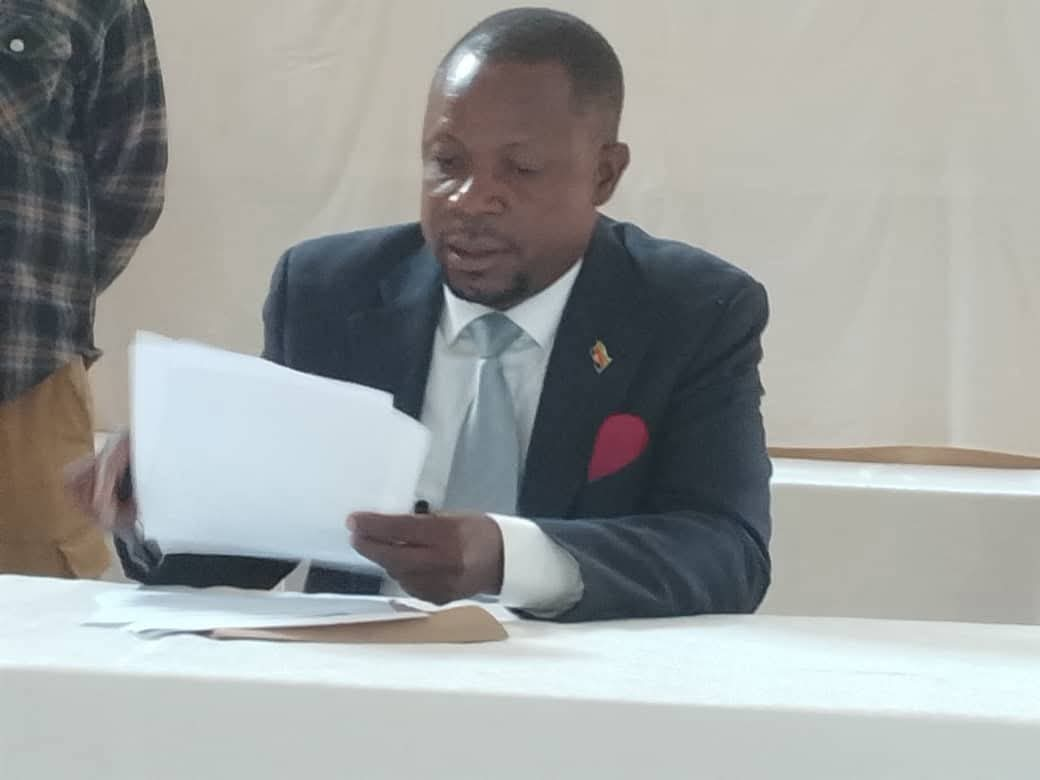


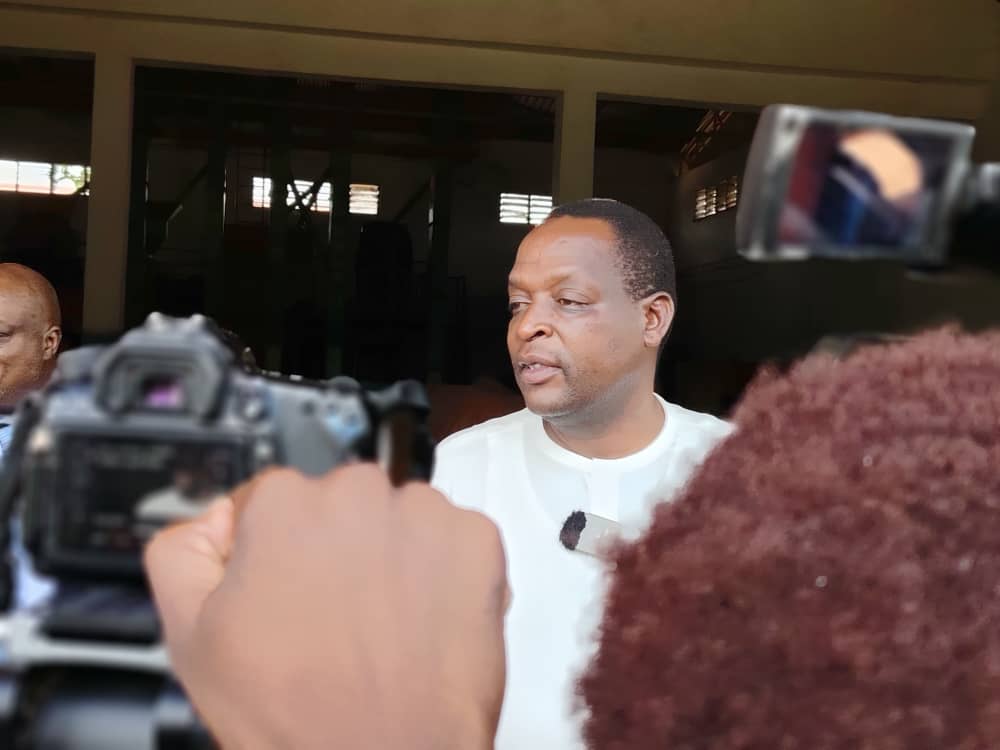


Leave a Reply